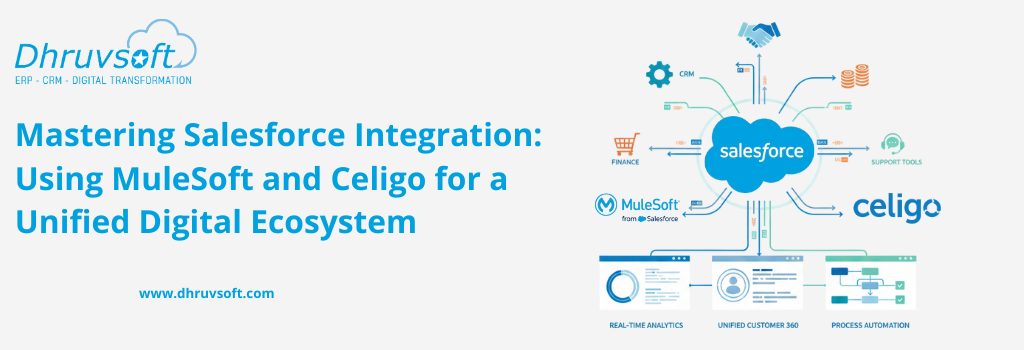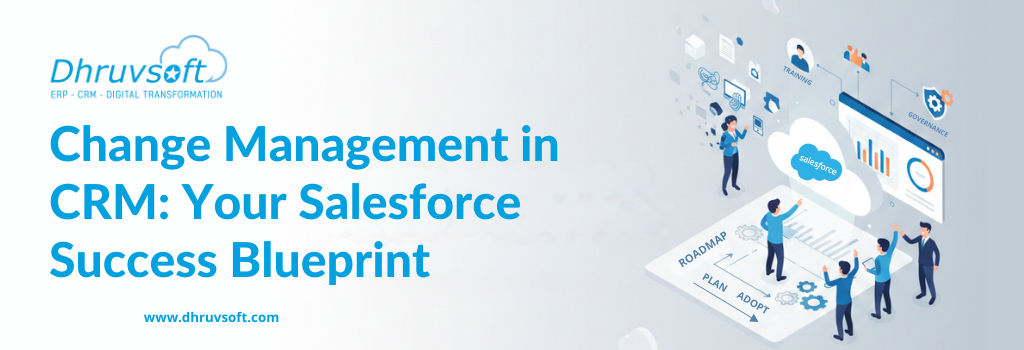
Many organizations believe that choosing the right CRM platform is the most important step in a CRM initiative. In reality, technology is only a small part of the success equation. The real success of a CRM program depends on how ready the organization is to adopt new ways of working.
[Read more…]







